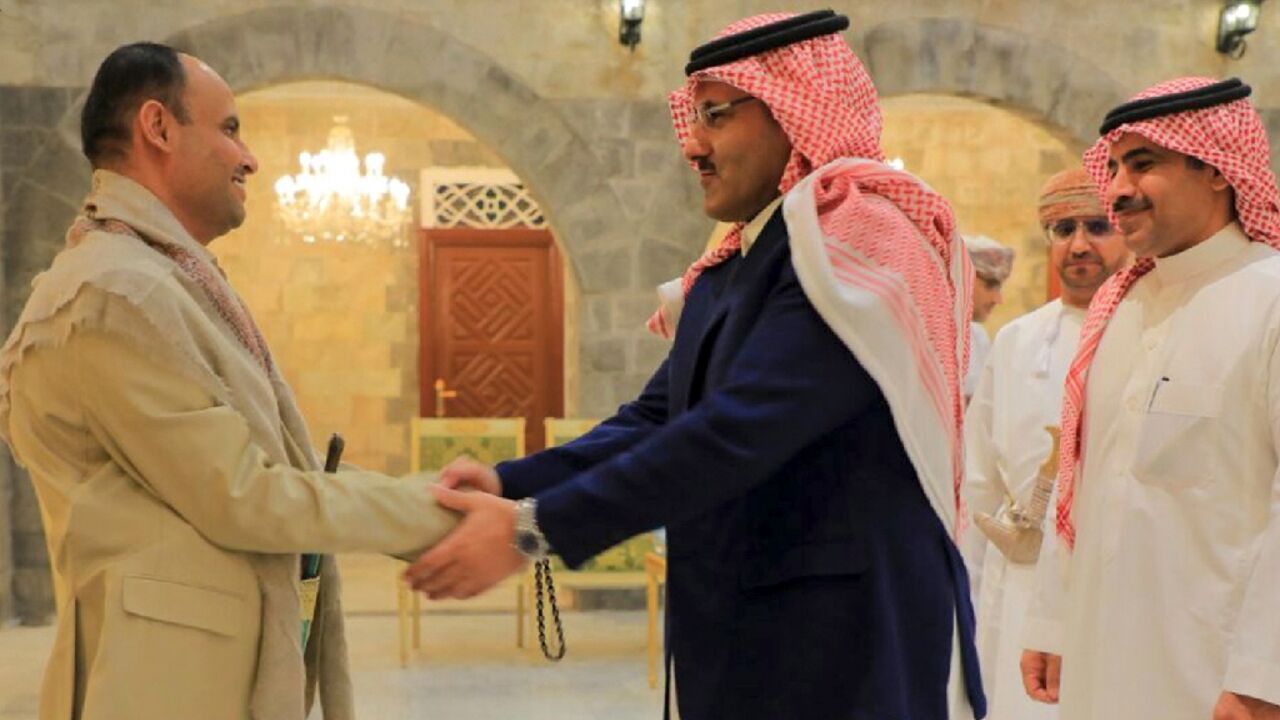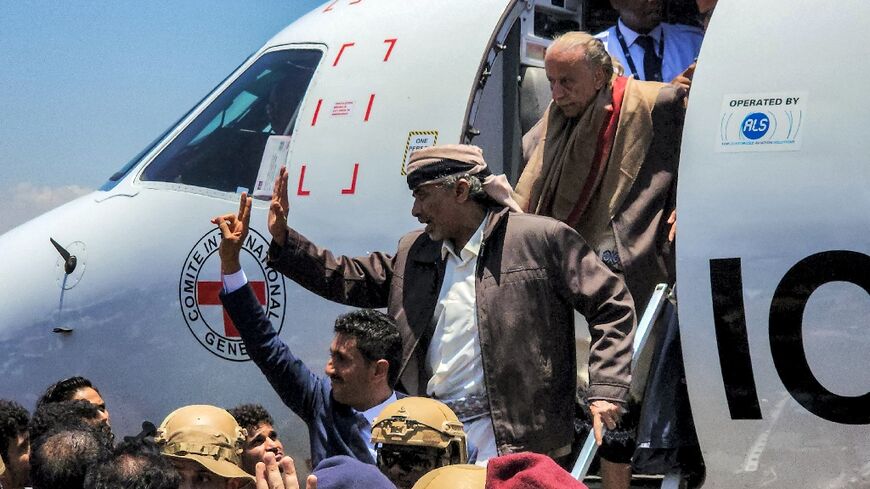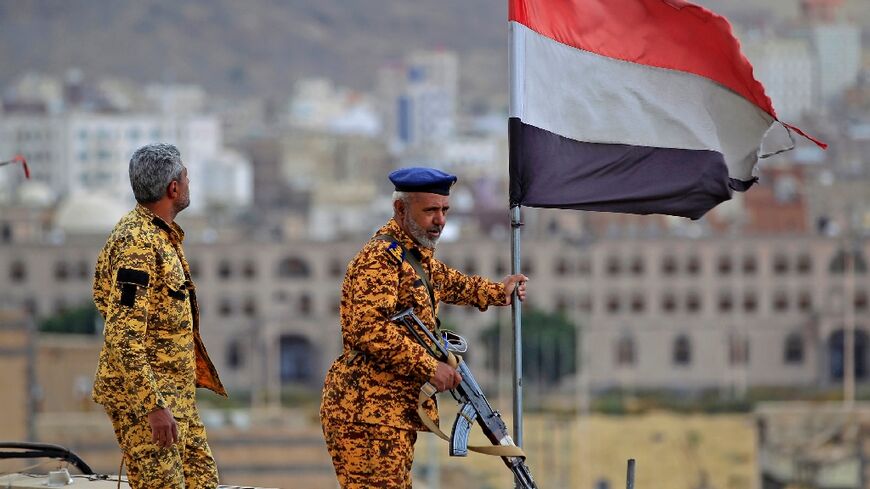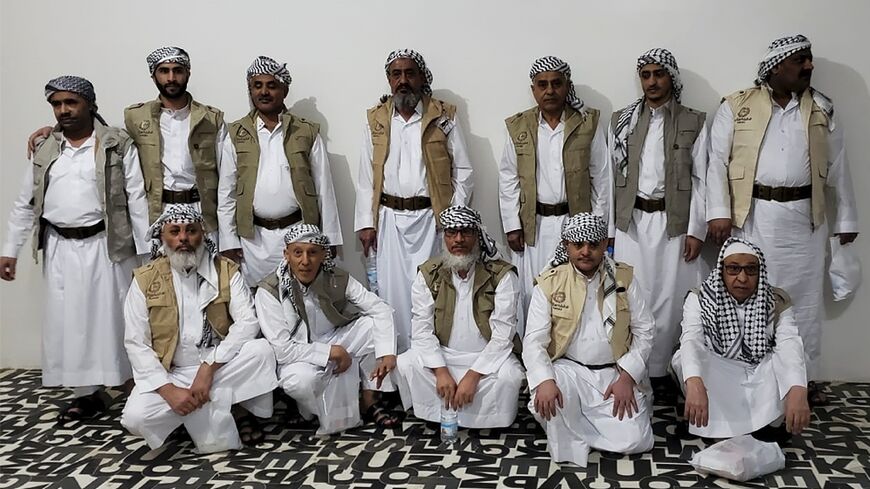Saudi team leaves Yemen, more truce talks expected: rebel, govt sources

A Saudi delegation has left war-torn Yemen without a finalised truce but with a commitment from Iran-backed Huthi rebels to hold a second round of talks, Huthi and government sources told AFP on Friday.
The team, which was led by ambassador Mohammed al-Jaber, left the rebel-held capital Sanaa late on Thursday, four days after he arrived seeking to "stabilise" a truce that lapsed last year.
"There is an initial agreement on a truce that should be announced later on if finalised," a Huthi official said on condition of anonymity, in information that was confirmed by a government source.
"There is an agreement to hold another round of talks to further discuss points of difference."
The Huthis seized control of Sanaa in September 2014, ousting the internationally recognised government and triggering a Saudi-led military intervention the following March.
Hundreds of thousands of people have been killed, directly or indirectly, and two-thirds of the population of 30 million is dependent on aid, according to United Nations estimates.
Fighting has eased dramatically since a six-month, UN-brokered truce last year, even after it expired in October.
A source at the Huthis' foreign ministry told AFP that the Saudi delegation would communicate the rebels' "conditions" to the Riyadh leadership.
Huthi political leader Mohamed Ali al-Huthi said the talks were conducted in a "positive atmosphere", with plans for another round.
On Saturday, before the Saudi visit, a Yemeni government source said the Saudis and Huthis had agreed in principle on a six-month truce to pave the way for three months of talks on establishing a two-year "transition".
Key Huthi goals include paying salaries of civil servants in areas under their control and lifting operational restrictions on ports and airports they hold.
Britain's ambassador to Yemen, Richard Oppenheim, said the talks were a "positive development and may be the start of a golden opportunity for peace".
"Yemen has suffered a lot in the last eight years, which makes grabbing any opportunity for peace a top priority," he said in Arabic in a video posted on Twitter.
The talks began about a month after a landmark, Chinese-brokered announcement by Iran and Saudi Arabia on March 10 that they would resume ties, seven years after an acrimonious split.
The resource-rich Gulf powerhouses have been long been fierce rivals, vying for influence across the region with Yemen one of their major battlegrounds.
The surprise rapprochement has quickly redrawn the diplomatic map, with Qatar and Bahrain mending ties and Arab countries considering ending Syria's long diplomatic isolation over its brutal civil war.





